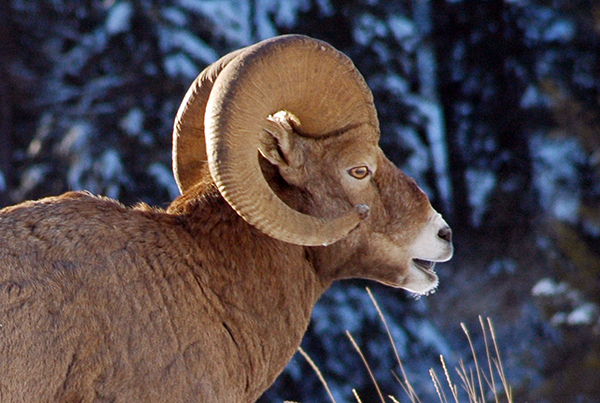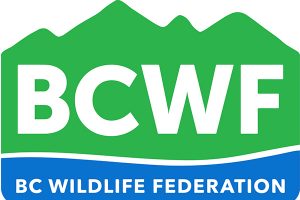Home »

Wildlife Act fines should benefit wildlife
 Submitted by B.C. Wildlife Federation
Submitted by B.C. Wildlife Federation
The B.C. Wildlife Federation applauds new stiffer penalties for infractions of the Wildlife Act, but we are concerned that the money collected from higher fines will go into general government revenue.
The provincial government is missing an opportunity to properly fund wildlife and habitat management with those extra funds. Poachers take from all of us. We should make sure they give something back to the resource.
“Our members and all British Columbians value wildlife,” said Executive Director Jesse Zeman. “Increases to Wildlife Act fines reflect our values and will help deter poachers. The B.C. Wildlife Federation applauds tougher penalties and would like to see all fees from these fines to be dedicated to fish and wildlife management.”
The Wildlife Act protects most vertebrate species from harm and describes offences against wildlife such as poaching or trafficking in live animals and wild meat, and it sets out rules that must be followed by licensed hunters, trappers, and guide outfitters.
Updated fines are two to three times higher under the new regulation.
“The new penalties are more in line with the harm caused by poachers,” said Zeman. “The revenue generated by these penalties should now be used to reverse the long decline in funding for wildlife management.”
As a proportion of the provincial budget, funding for renewable resource management is just a fraction of its historical level, declining by 75% between 1993 and today.
Despite having one of the most bio-diverse regions in North America, we spend less per person, less per animal, and less per square kilometre than our neighbours.
Funding for fish and wildlife management in British Columbia is estimated at about $7 per capita and in Alberta about $9 per capita. Contrast that with expenditures in nearby jurisdictions such as Washington ($29), Montana ($91) and Alaska ($235).
Hunters pay a surcharge on licenses and tags, amounting to about 20 per cent of fees paid, which funds wildlife and habitat enhancement via the Habitat Conservation Trust Foundation. The BCWF would like to see 100 per cent of hunting fees applied to managing the resource, along with all the revenue generated by fines for offences committed under the Wildlife Act.
“It’s time to take wildlife management seriously and stop siphoning money away from species that are in some cases fighting for their survival,” said Zeman.
e-KNOW file photo







